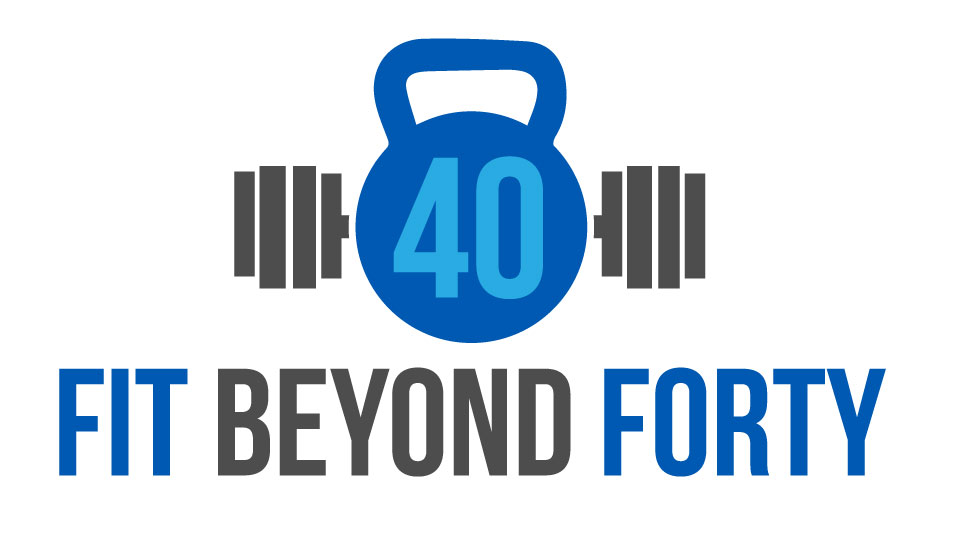Weight lifting makes you bulky. Cardio on an empty stomach makes you lose weight. Some false ideas about fitness and nutrition take on a life of their own. Let’s move past these five diet and fitness myths.
Myth No. 1: Weight lifting makes you bulky
It’s the opposite. If you lift weights and maintain the same weight, you get smaller. Muscle is more dense than fat. If you lose fat and gain muscle, you become smaller at the same weight. Lifting weights, or other resistance training, builds lean muscle and reduces fat.
Myth No. 2: Low-carb diet is the only way to lose fat
The myth goes like this: when you cut carbs, your body's insulin levels drop, which burns fat. To put that theory to the test, researchers recruited 19 obese volunteers to participate in a rigorous study. For two weeks they lived in a lab. One group received a low-carb diet that reduced their total calories by 30 percent. Another group went on a low-fat diet that also reduced their total calories by 30 percent. After four weeks both groups lost about one pound of body fat. That’s right, no difference. If you want to lose fat, reducing total calorie intake matters most, not whether it’s fat or carbs.
Myth No. 3: Protein harms your kidneys
The myth says that protein harms your kidneys, since kidneys work harder to clear the metabolites of protein, increasing the strain on the kidneys. Not to worry. Adding more protein to your diet may increase the kidney’s workload a little, but this increase is quite insignificant compared to the immense amount of work your kidneys already do. To give you an idea, about 20% of the blood your heart pumps through your body goes to the kidneys. The kidneys filter around 48 gallons of blood every day. Your kidneys keep plenty busy. They won’t notice a little more protein.
One important exception: High protein intake may cause harm in people diagnosed with kidney disease.
Myth No. 4: Cardio is the fastest way to lose weight
It makes sense. Hours spent sweating on those gym cardio machines should burn calories so you lose weight. Calories in against calories out, right? Yes, cardio burns calories, but not as much as you think. Researchers found that cardio reduces body fat, but it takes about 11 hours per week, a commitment beyond what most of us are willing and able to make.
To lose fat, first reduce calories, lift weights (or other resistance training), control stress, and sleep well. Then add cardio.
Myth No. 5: Cardio on an Empty Stomach Burns Fat
The myth is that when you exercise on an empty stomach, your body has fewer carbs to burn for fuel, so your body uses fat for energy. Jump out of bed and hit the treadmill before breakfast. Voila! Fat loss.
To test this idea, researchers assigned healthy young females to two groups, one that worked out in the morning before eating and one that worked out in the morning after drinking a meal replacement shake. Alas, after four weeks, both groups lost the same amount of weight and fat. It really matters what you eat over 24 hours if your goal is to shed body fat.

